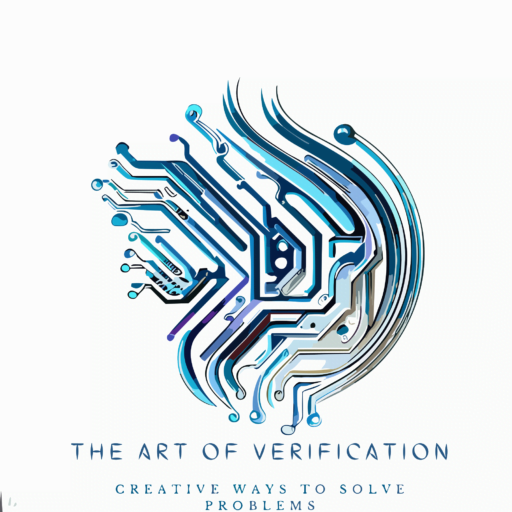uvm_config_db and uvm_resource_db
uvm_resource_db: uvm_resource_db is base class and uvm_config_db is extended from uvm_resource_db. Using the resource_db requires that the scope (arbitrary string) for the set and get a match. For trivial environments, this isn’t difficult. However, for complex environments, including IP from different sources, it’s more difficult to manage. That, along with some other non-intuitive behaviors of…
